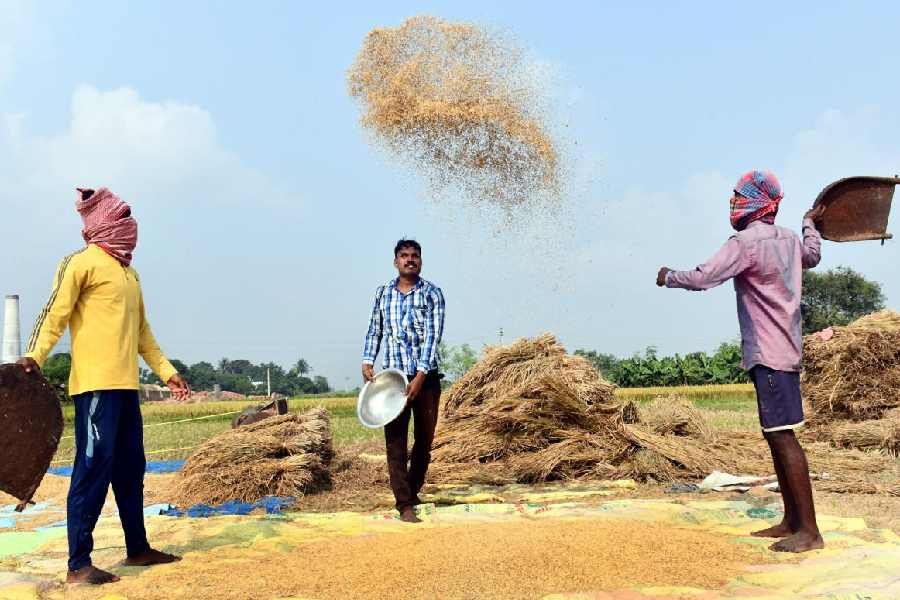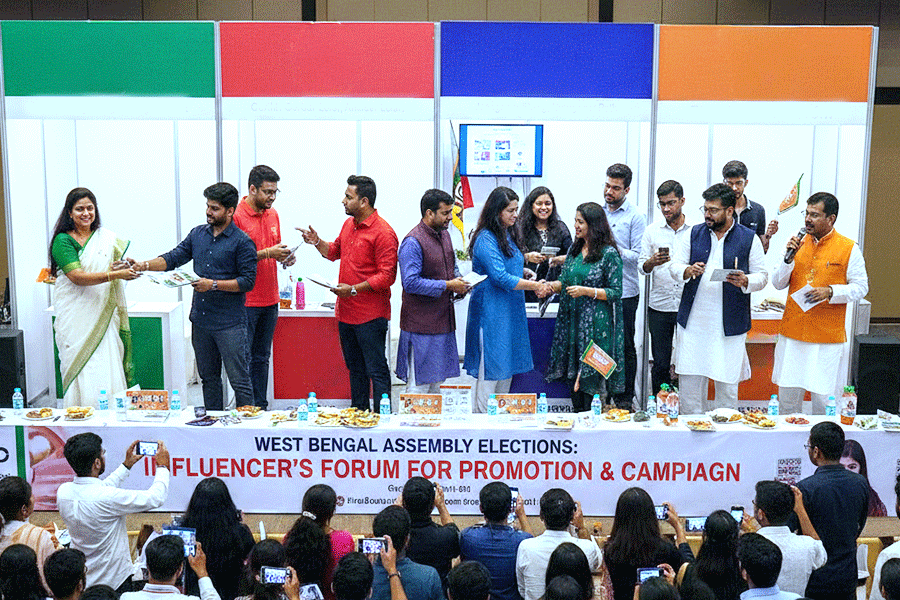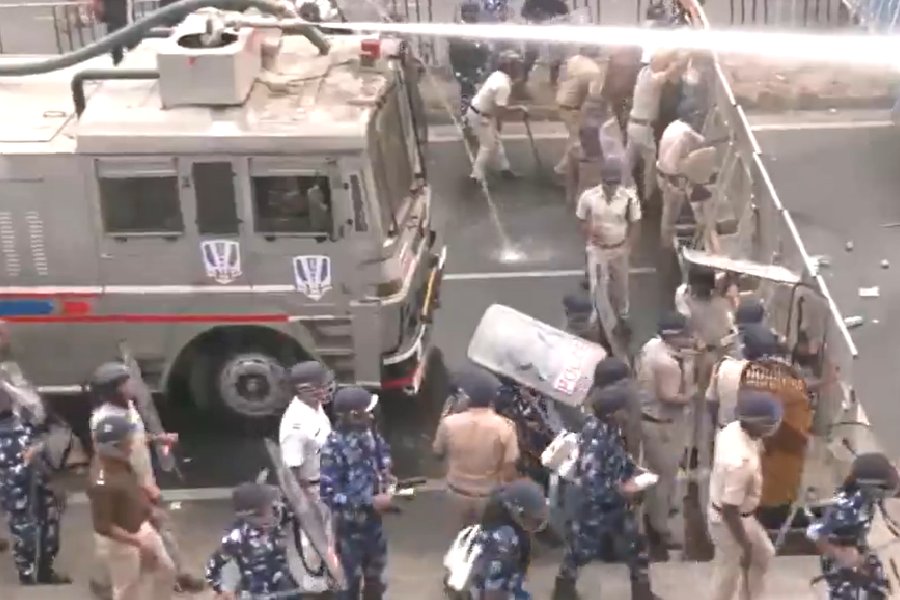The Bengal government could procure paddy directly from only 66 per cent of 22.64 lakh farmers who registered themselves to sell their produce to the state, leaving the ruling establishment in a spot as it wanted to reach out to a maximum number of cultivators by securing minimum support price (MSP) for their crop ahead of the 2026 Assembly polls.
The ruling establishment had aimed to reach out to 25 lakh farmers across the state with the MSP. Bengal has 72 lakh farmers who hold the key to electoral success. However, only 22.64 lakh farmers had registered themselves to sell their produce to the government as they did not find the MSP attractive.
“Now, the state is in a spot as only 15.02 lakh sold their produce to the government. This makes it clear the state failed to bring a majority of the farmers under the MSP net, which may not be a good sign for the ruling establishment ahead of the Assembly elections,” said a senior bureaucrat.
Sources in the food and supplies department, the nodal agency to purchase paddy directly from the farmers, said the main reason behind the state’s failure to procure paddy from a majority of the interested cultivators was a lack of enough procurement centres in the state.
Bengal has 1,018 procurement centres, including 620 centralised procurement centres, which is not enough for 72 lakh farmers spread across 341 blocks in the state.
The figure, sources said, was inadequate to cater for 22.64 lakh farmers who had shown interest in selling their produce to the government.
The official explained that because of the inadequate number of procurement centres, the farmers faced mainly two problems in selling their produce to the government.
First, they had to wait for a few weeks to get their turn to sell their produce as the procurement centres had fixed a daily procurement limit.
Second, the farmers had to travel a long way with their produce, sometimes about 50km from their home, to reach a procurement centre which remained inconvenient for the small and marginal farmers because of the handsome transport cost.
“Small farmers cannot hold back their produce for a longer period as they need to run their families, reinvest in the boro (winter) season and repay their loans soon after harvesting their crops. As 80 per cent of the farmers in the state are small and marginal, they cannot spend much on transport to sell their produce to the government too,” the official added.
Senior bureaucrats said if the state had set up an adequate number of procurement centres, the waiting period could have been cut short and farmers could also reach the procurement centres easily.
“In Chhattisgarh, the state government had set up 4,797 procurement centres, 2,739 of which are permanent. The result was visible as more than 25 lakh farmers sold their produce to the state government by the end of February this year,” said a
senior bureaucrat.
The situation, sources said, was not likely to change in the next one month as only 7,956 farmers are scheduled to sell their produce to the government.
“This is obvious as the small farmers cannot hold back their produce for three-four months as they need money immediately after the harvest of paddy. Had there been adequate numbers of procurement centres, the situation could have been different,” said a senior official.
Sources also said the state’s failure to announce a handsome bonus over and above the centre’s MSP of ₹2,300 a quintal also contributed to the lack of interest among farmers. The Bengal government had announced a bonus of ₹20 a quintal over and above the centre’s MSP while states like Chhattisgarh announced a bonus of ₹800
a quintal.











